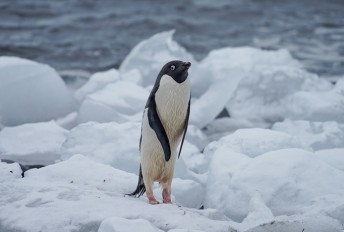
Posted on November 02, 2022
The Southern Ocean around Antarctica needs urgent protection – for the sake of the rest of the world. This marine wilderness is threatened by climate change and commercial fisheries, says University of Pretoria (UP) macro-ecologist Dr Luis Pertierra, an expert on the natural value of the...
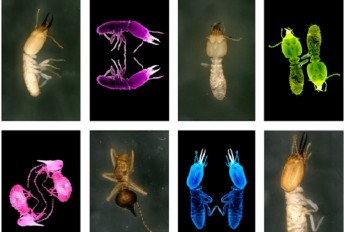
Posted on September 28, 2022
The University of Pretoria (UP) recently participated in an international study led by the University of Miami to investigate termite and microbial wood discovery and decay. Termites release carbon from the wood as methane and carbon dioxide, which are two of the most important greenhouse gases...
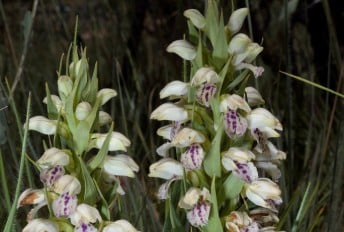
Posted on July 12, 2022
The Albertina Sisulu orchid was described as a new species in 1955, the same year the struggle stalwart launched the Freedom Charter with her compatriots in the ANC Women’s League. Researchers at the University of Pretoria want to help save this endangered plant by understanding the unique...

Posted on July 07, 2022
More than three billion people, most of whom are in developing countries, rely on the ocean to make a living. Fisheries and aquaculture provide the main source of animal protein for some 17% of the world’s population. In the least-developed countries, fish contributes about 29% of animal...

Posted on June 27, 2022
A UP-led team is using the momentum of light to trap particles. This optical trap has been used with collaborators to demonstrate a hidden property in light that remains unchanged even when it passes through turbulence.
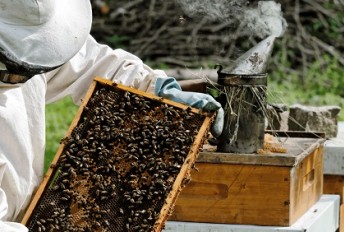
Posted on May 19, 2022
A breakthrough study from the University of Pretoria has found that small hive beetles trapped inside a honeybee nest sneakily entice the very bees that keep them prisoner into providing them with the best of what there is to feed on in the hive – even some of the queen’s portion.
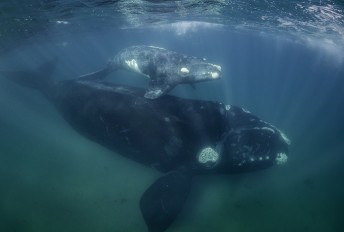
Posted on March 01, 2022
UP’s Mammal Research Institute Whale Unit and WWF South Africa are teaming up to support research on southern right whales in response to warming oceans and changes to ocean processes which are affecting the number of whales visiting SA's shores.
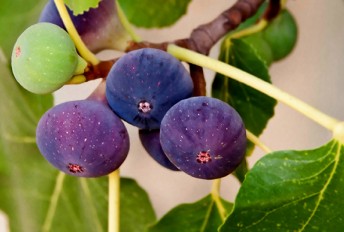
Posted on December 21, 2021
Ficus trees are an essential source of food in forests because they produce fruit year-round. However, South African forests have been fragmented into tiny pieces since before the ice ages.
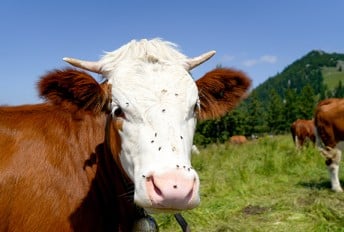
Posted on December 20, 2021
Most South Africans love eating meat, but animal diseases regularly threaten a constant, affordable supply.
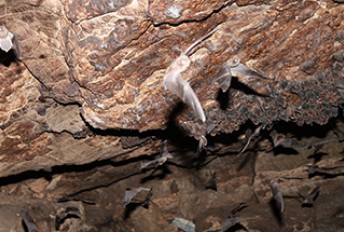
Posted on December 18, 2021
Research at UP is looking at how tree harvesting is causing the destruction of natural habitat, bringing wild animals like bats into closer contact with humans than ever before and leading to increased risk of new zoonotic diseases.
Copyright © University of Pretoria 2025. All rights reserved.
Get Social With Us
Download the UP Mobile App